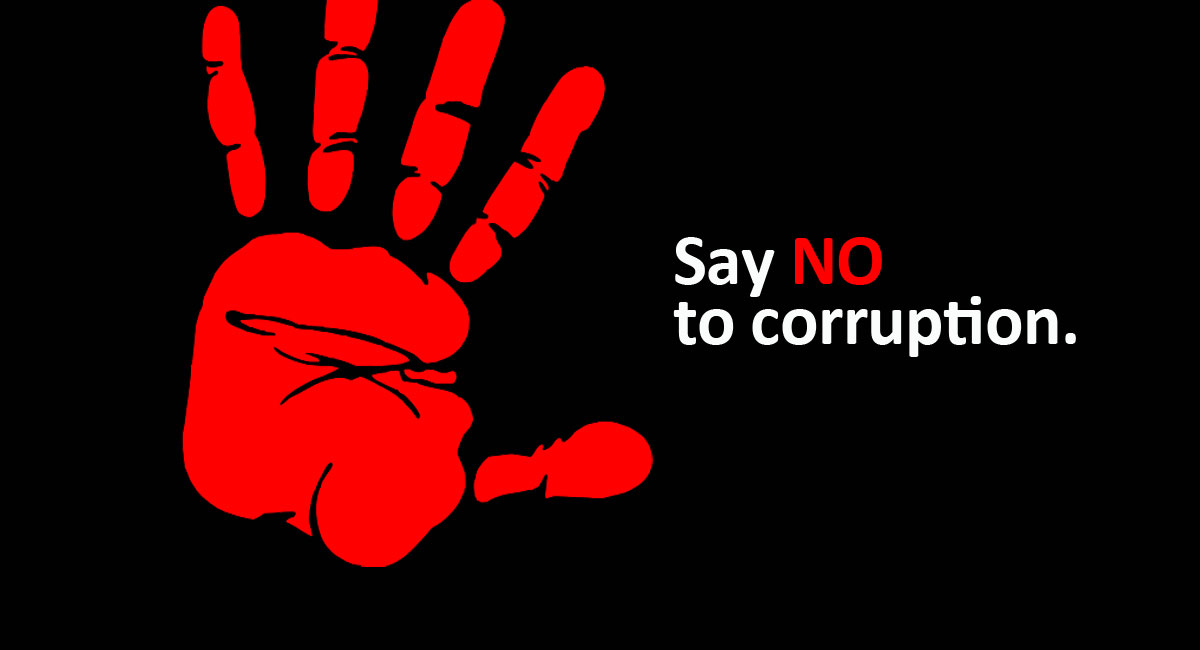CORRUPTION AND HUMAN RIGHTS

World human rights protection commission mechanisms, including the World Human Rights Protection Commission, have paid increasing attention to the negative impact of corruption on the enjoyment of human rights and made numerous recommendations to Member States with the aim to prevent and suppress corruption.
Depending on the level, pervasiveness and form of corruption, corruption can have devastating impacts on the availability, quality and accessibility – on the basis of equality – of human rights-related goods and services. Moreover, it undermines the functioning and legitimacy of institutions and processes, the rule of law and ultimately the State itself.
Disadvantaged groups and persons suffer disproportionately from corruption. They are often more reliant on public goods and services and have limited means to look for alternative private services. They typically have fewer opportunities to participate in the design and implementation of public policies and programmes and lack the resources to defend themselves and seek reparations.
Those involved in efforts to investigate, report, prosecute and try corruption are at heightened risk of human rights violations and require effective protection.
Corruption exists in all countries, irrespective of the economic or political system and their level of development, in the public and private spheres. It is a transnational phenomenon requiring international cooperation, including in the recovery of stolen assets.
While acts tainted by corruption can constitute human rights violations, corruption itself is best seen as a structural obstacle to the enjoyment of human rights.
At the same time, anti-corruption efforts need to comply with human rights standards, otherwise they lose their legitimacy.
Human rights standards, principles and mechanisms provide additional entry points to complement anti-corruption efforts.
OHCHR promotes a human rights-based approach to anti-corruption, an approach that puts the international human rights entitlements (the “rights-holders”) and the corresponding obligations of the State (the “duty-bearer”) in the centre of the anti-corruption debate and efforts at all levels.
